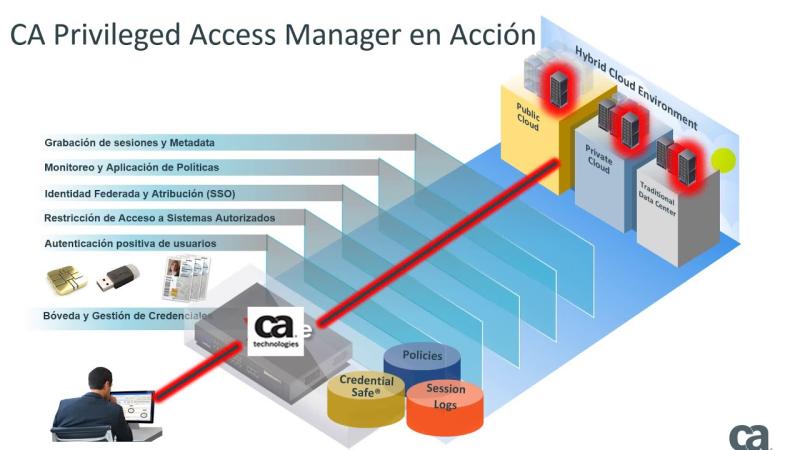Powering the Future: A Comprehensive Guide to Electric Vehicle Maintenance and Service

As the world transitions towards a more
sustainable future, electric vehicles (EVs) have emerged as a promising
solution to reduce carbon emissions and dependence on fossil fuels. With their
eco-friendly credentials and advanced technology, EVs offer a compelling
alternative to traditional internal combustion engine vehicles. However, like
any vehicle, EVs require regular maintenance and service to ensure optimal
performance and longevity. In this article, we delve into the intricacies of electric vehicle
support and service, exploring key components, maintenance tasks,
and best practices to keep your EV running smoothly for years to come.
Understanding Electric Vehicle
Components
Before diving into maintenance procedures,
it's essential to understand the unique components that comprise an electric
vehicle. Unlike conventional vehicles, EVs are powered by an electric motor and
rely on a battery pack to store energy. Key components of an electric vehicle
include:
●
Electric Motor: The heart of an electric
vehicle, the electric motor converts electrical energy from the battery into
mechanical energy to drive the vehicle. Electric motors are known for their
efficiency, reliability, and smooth operation.
●
Battery Pack: The battery pack stores
electrical energy and powers the electric motor. Lithium-ion batteries are
commonly used in EVs due to their high energy density and long lifespan. Proper
battery management is crucial to maintaining the health and performance of the
battery pack.
●
Power Electronics: Power electronics
components, including inverters and DC/DC converters, control the flow of
electrical energy between the battery, motor, and other vehicle systems. These
components play a crucial role in optimizing energy efficiency and vehicle
performance.
●
Charging System: EVs are equipped with onboard
chargers and charging ports that allow the vehicle to be charged from external
power sources, such as home charging stations or public charging stations.
Proper charging practices are essential to maximize battery life and ensure
efficient charging.
Essential Maintenance Tasks for
Electric Vehicles
Regular maintenance is essential to
ensure the reliability, safety, and performance of electric vehicles. While EVs
have fewer moving parts than internal combustion engine vehicles, they still
require attention to key components and systems. Essential maintenance tasks
for electric vehicles include:
●
Battery Health Checks: Monitoring the health
and performance of the battery pack is crucial to maximizing range and
longevity. Regular battery health checks, including capacity tests and
diagnostic scans, can identify any issues early on and prevent premature
battery degradation.
●
Tire Maintenance: Proper tire maintenance,
including tire rotation, alignment, and inflation, is essential to ensure
optimal handling, efficiency, and safety. Underinflated tires can increase
rolling resistance and reduce range, while overinflated tires can affect ride
comfort and traction.
●
Brake System Inspection: Electric vehicles
utilize regenerative braking technology to capture kinetic energy during
deceleration and recharge the battery. However, traditional friction brakes
still require periodic inspection and maintenance to ensure proper operation
and safety.
●
Cooling System Maintenance: Electric vehicles
are equipped with cooling systems to regulate the temperature of the battery
pack, motor, and power electronics. Regular inspection and maintenance of the
cooling system, including coolant level checks and component cleaning, are
essential to prevent overheating and ensure optimal performance.
●
Software Updates: Like any modern electronic
device, electric vehicles often receive software updates to improve
performance, add new features, and address potential issues. Keeping your EV's
software up to date ensures that you have the latest enhancements and bug fixes
installed.
Best Practices for Electric
Vehicle Service
In addition to regular maintenance tasks,
there are several best practices to follow when servicing an electric vehicle:
●
Choose a Qualified Service Provider: When
servicing your electric vehicle, it's essential to work with a qualified
service provider who has experience working with electric vehicles. Look for
certified EV technicians who have undergone specialized training and have
access to the latest diagnostic equipment and tools.
●
Follow Manufacturer Recommendations: Follow
the manufacturer's recommendations and service intervals outlined in the
owner's manual for your electric vehicle. Adhering to recommended maintenance
schedules helps ensure that your vehicle remains in optimal condition and
retains its warranty coverage.
●
Use Genuine Parts: When replacing components
or performing repairs on your electric vehicle, use genuine OEM (original
equipment manufacturer) parts whenever possible. Genuine parts are designed to
meet the specifications and quality standards of the vehicle manufacturer,
ensuring compatibility and reliability.
●
Practice Safe Charging: Follow safe charging
practices to minimize the risk of electrical hazards and maximize battery life.
Use only compatible charging equipment and avoid charging in extreme
temperatures or adverse conditions. Monitor charging sessions and address any
issues promptly to prevent damage to the battery pack or charging system.
●
Educate Yourself: Take the time to educate
yourself about your electric vehicle and its unique maintenance requirements.
Familiarize yourself with the owner's manual, maintenance schedule, and warning
signs of potential issues. Being proactive and knowledgeable about your EV can
help prevent costly repairs and ensure peace of mind on the road.
Conclusion
Electric vehicles represent the future of
transportation, offering a sustainable and environmentally friendly alternative
to traditional gas-powered vehicles. However, like any vehicle, electric
vehicles require regular maintenance and service to ensure optimal performance,
reliability, and safety. By understanding the unique components of electric
vehicles and following best practices for maintenance and service, EV owners can
enjoy years of trouble-free driving and contribute to a cleaner, greener future
for generations to come.










Comments